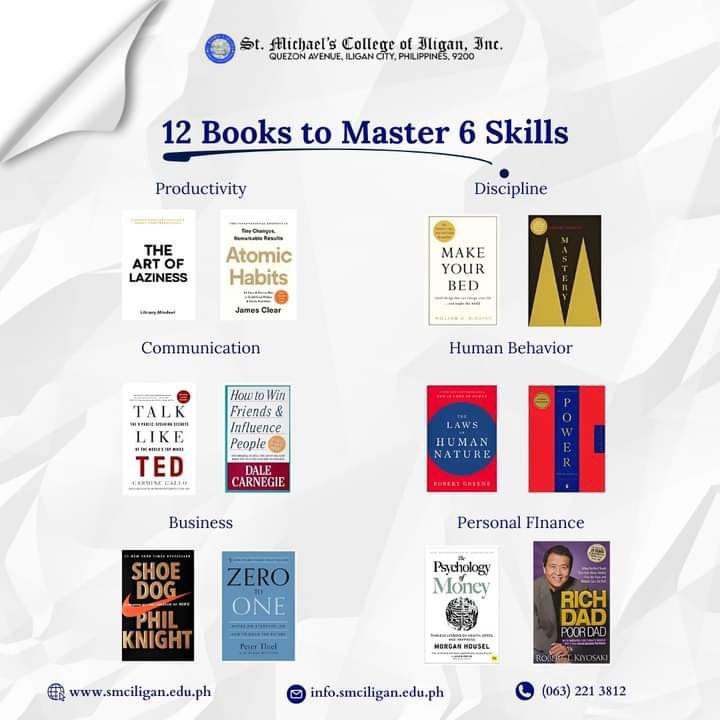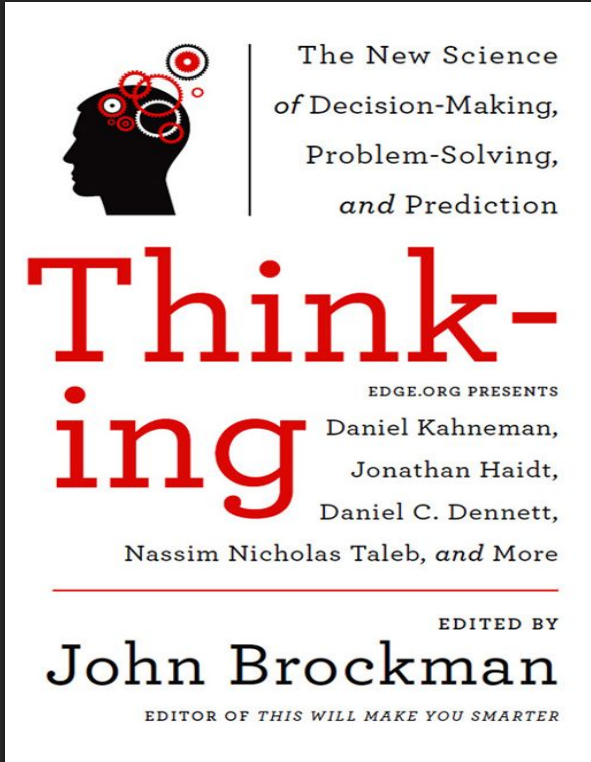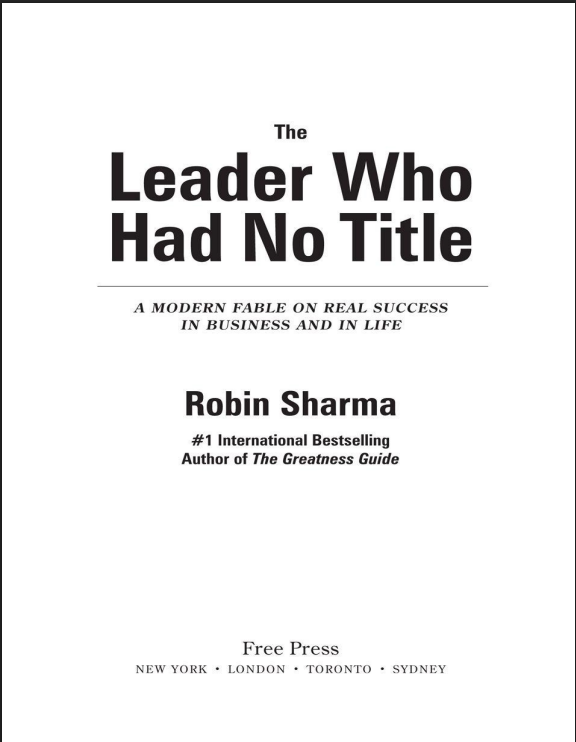

Frames of Mind: The Theory of Multiple Intelligences
Reviews
No review yet. Be the first to review this book!
Description
"Frames of Mind: The Theory of Multiple Intelligences" by Howard Gardner is a groundbreaking book that challenges the traditional notion of intelligence as a single, measurable entity. Gardner, a Harvard psychologist, presents the idea of multiple intelligences, proposing that human intelligence is not a singular, uniform quality, but rather a collection of distinct abilities. These abilities, he argues, operate independently of each other and vary across individuals. In the book, Gardner identifies eight primary intelligences: Linguistic Intelligence: The ability to use language effectively, both in writing and speaking. Writers, poets, and public speakers often excel in this area. Logical-Mathematical Intelligence: The capacity for reasoning, problem-solving, and understanding complex concepts in areas like mathematics and science. This intelligence is often associated with mathematicians and scientists. Musical Intelligence: The ability to recognize and create musical patterns. Musicians, composers, and singers typically excel in this intelligence. Bodily-Kinesthetic Intelligence: The ability to use one’s body effectively for physical tasks, such as athletes, dancers, and surgeons. Spatial Intelligence: The ability to think in three dimensions and visualize objects. Architects, artists, and engineers tend to possess high spatial intelligence. Interpersonal Intelligence: The ability to understand and interact effectively with others. This includes the ability to read social cues, understand emotions, and respond empathetically. Teachers, counselors, and leaders often have strong interpersonal intelligence. Intrapersonal Intelligence: The ability to understand oneself, including one’s emotions, motivations, and inner thoughts. Individuals with high intrapersonal intelligence often engage in self-reflection and are highly aware of their inner workings. Naturalistic Intelligence: The ability to recognize and categorize patterns in the natural world, such as a deep understanding of nature, animals, and the environment. Biologists and environmentalists typically excel in this area. Gardner argues that traditional education systems tend to emphasize linguistic and logical-mathematical intelligence, leaving other forms of intelligence undervalued. By acknowledging the diversity of human abilities, educators can create more personalized learning environments that cater to the strengths and needs of each individual. The book also discusses the implications of the theory for education, suggesting that students should be taught in ways that develop all their intelligences, rather than focusing narrowly on standardized tests that assess linguistic and mathematical abilities alone. In summary, Frames of Mind revolutionizes the understanding of intelligence by offering a more holistic and inclusive approach. Gardner’s theory encourages a broader, more personalized view of learning and personal development, acknowledging that everyone possesses different kinds of intelligences that contribute to their unique potential and success.

























.jpg)

.jpg)



.jpeg)









.jpg)
.jpeg)

.jpg)













.jpg)





.jpeg)
.png)


.jpg)








.jpeg)

.jpeg)

.jpg)




.jpg)






















.jpg)
.jpg)
.jpg)
.jpg)
.jpg)
.jpg)
.jpg)
.jpg)
.jpg)
.jpg)
.jpg)
.jpg)
.jpg)
.jpg)
.jpg)
.jpg)
.jpg)
.jpg)
.jpg)
.jpg)
.jpg)
.png)
.jpg)
.jpg)
.jpg)
.jpg)
.jpg)

